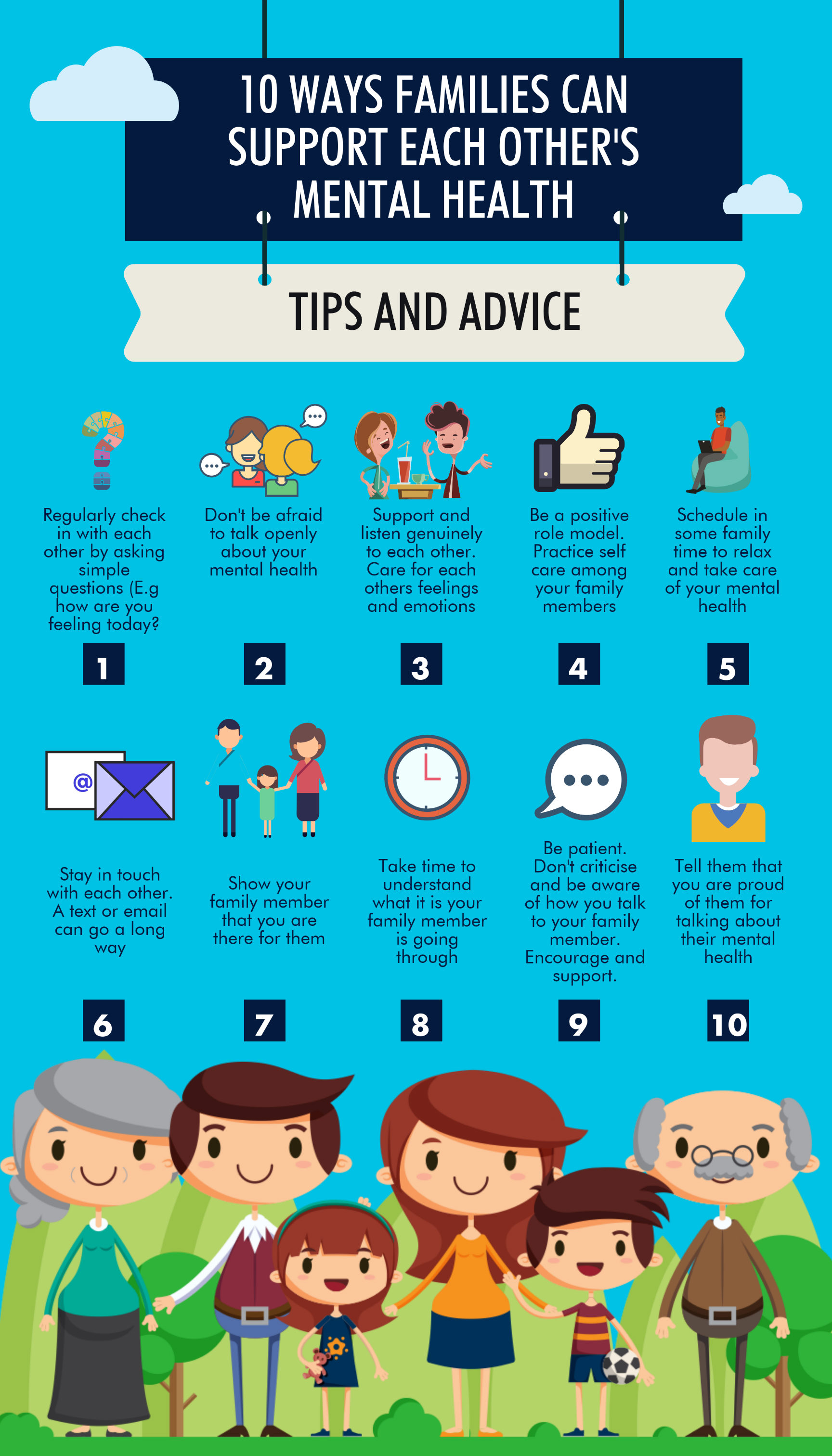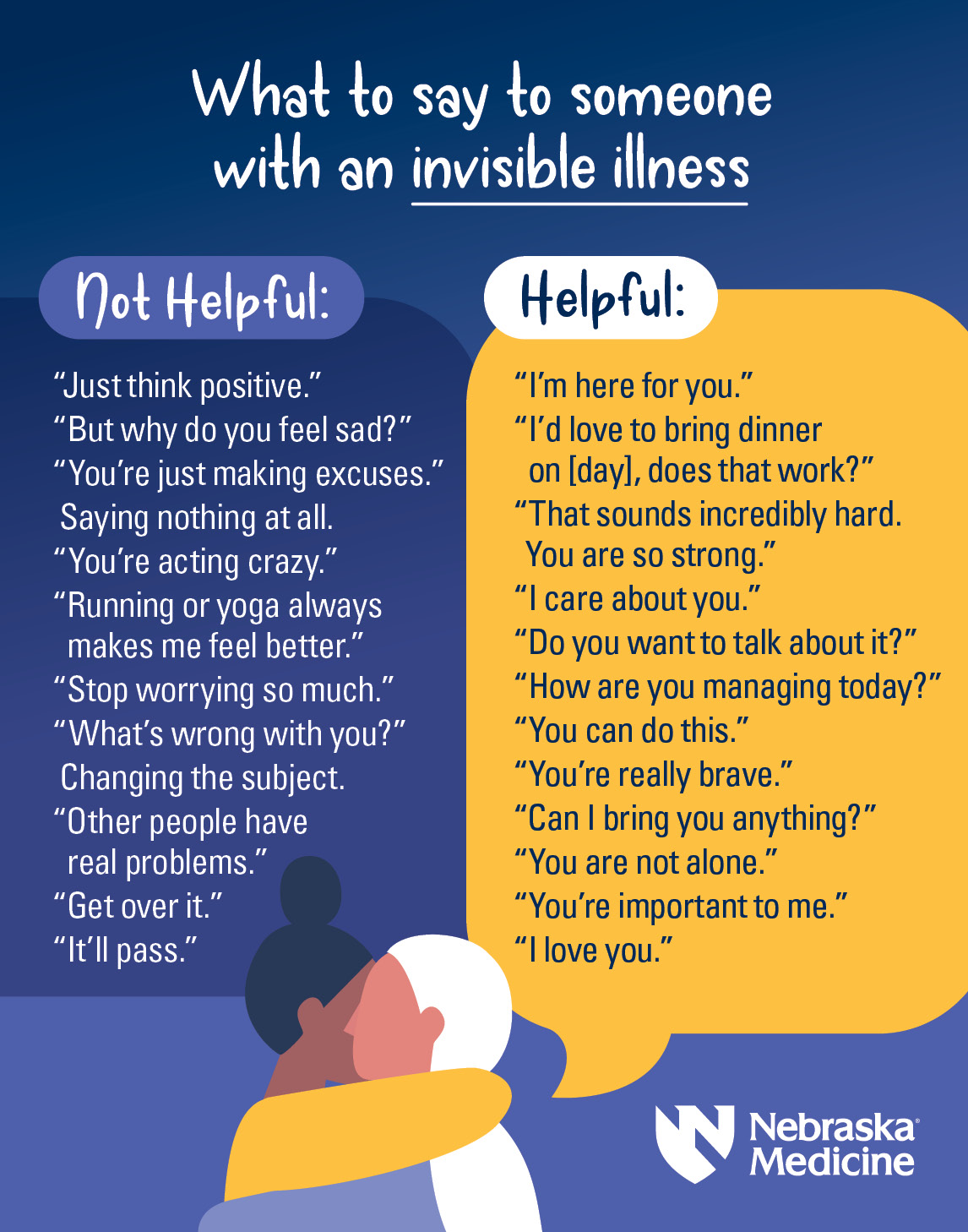How to Support Someone with Mental Health Issues
Listening Without Judgment
Being there for someone struggling with their mental health means being a thoughtful listener above all else. Make calm, compassionate eye contact to show you’re engaged without fear or criticism. Let them share at their own pace without interruption. Your role is to understand, not fix or scold.

Asking Gentle, Open-Ended Questions
Asking caring questions allows the person to open up further if they choose. “How have you been coping?” leaves space for honesty without pressure. Offer tangibles like company without demands: “I’m free at 7 if you’d like company.” Make it clear there’s no shame in declining privately.
Responding With Empathy, Not Advice
Reflect on what you’ve heard to show you listened fully. Comments like “That sounds really difficult” validate their experience without judgments. Save recommendations for medical advice unless explicitly asked. Your role is compassion, not fixing problems immediately.
Following Up Thoughtfully Over Time
People struggling mentally often need long-term support networks. Check in consistently but gently to avoid burnout on either side. “How did your appointment go?” shows you care without interrogation. Suggest low-pressure activities together rather than intensive emotional support sessions. Maintain connections through ups and downs.
Being Prepared To Help In Crisis Situations
Recognize degrees of crisis from unsafe thoughts to imminent danger situations. Have emergency contact lists handy and follow safety plans if created previously. Call emergency services without hesitation if physically harmful behavior is present. Offer calm reassurance and physically accompany them safely to treatment if tolerated.
Partnering With Medical Professionals Respectfully
With consent, connect the individual to existing counseling relationships or support programs. Share factual information respectfully to foster coordination rather than diagnose. Make clear you aim to support medical advice, not replace professionals’ roles. Work as a team with treatment providers over time.
Prioritizing Self-Care As Well
Sustained support takes energy. Set boundaries to recharge without guilt. Connect the person to multiple supports so reliance isn’t solely on you. Your well-being matters too for maintaining relationships beneficial long-term. Partnership, not martyrdom, provides the most empathy sustainability.

